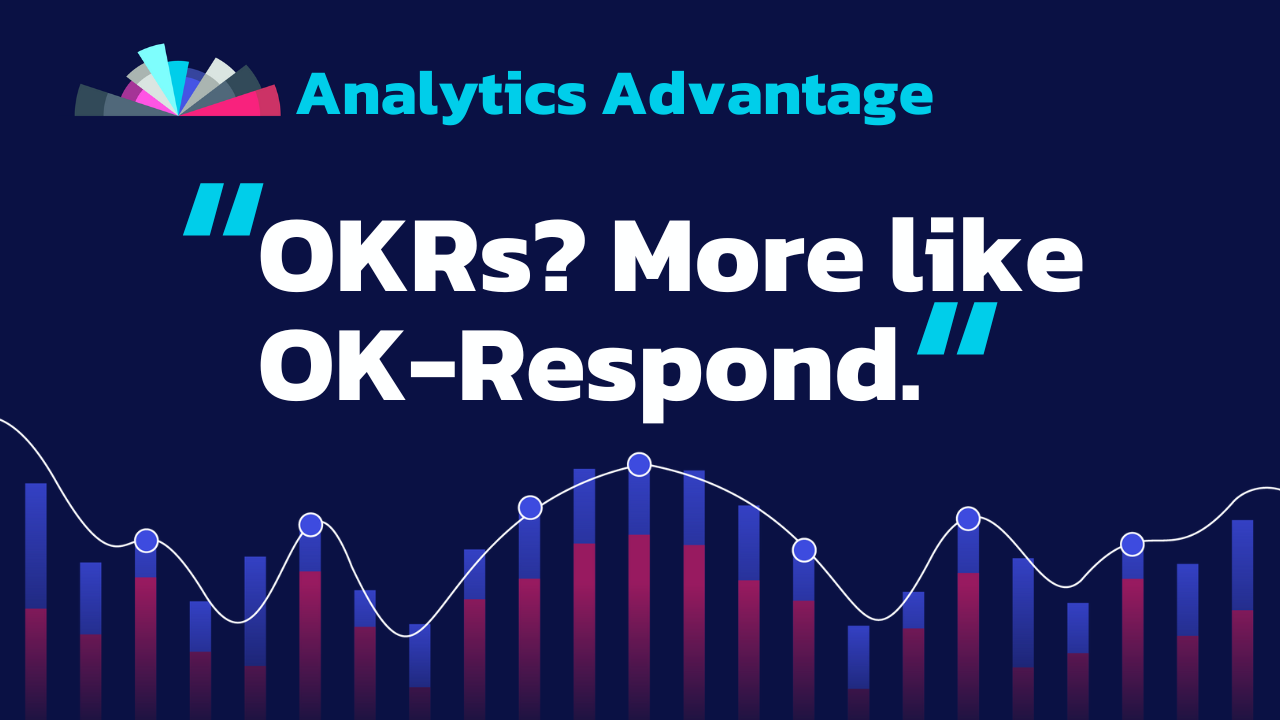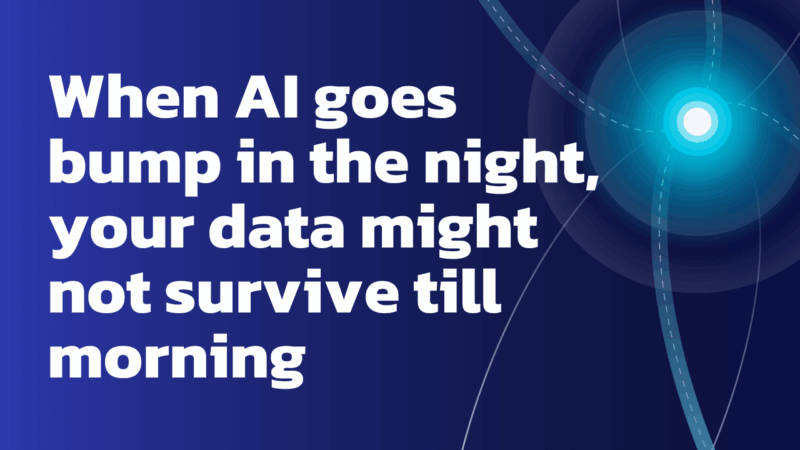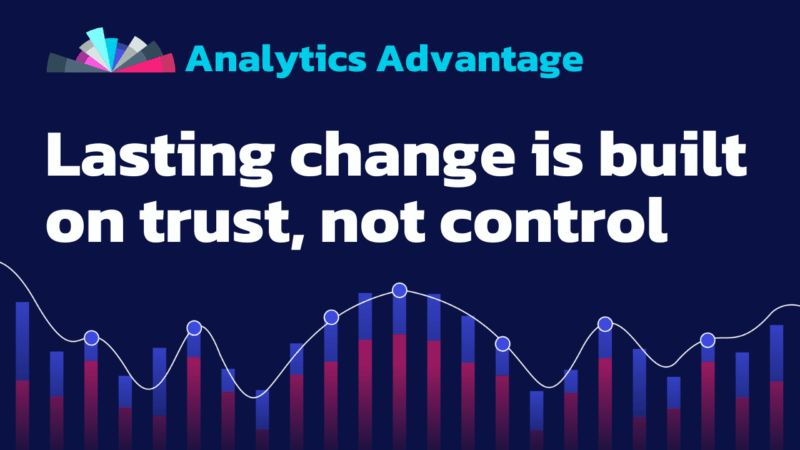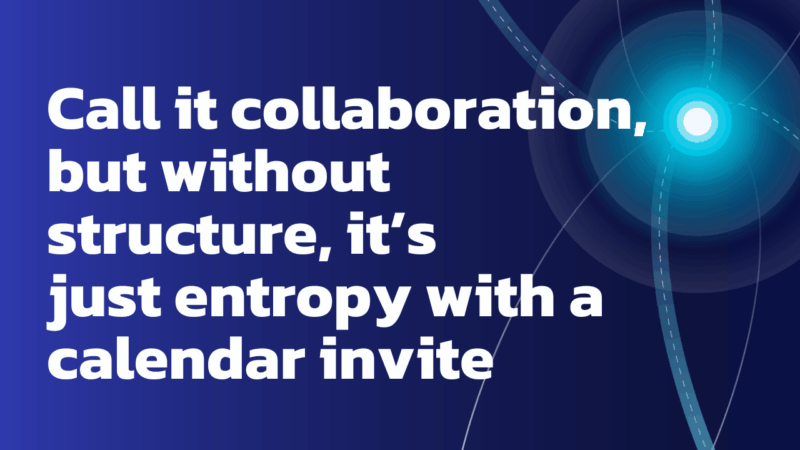
Newsletters
Mastering the Dance of Data
“How soon do you need this?”
“Yesterday.”
Just kidding.
Not kidding…
So much of corporate life is working from a deficit; an insatiable desire for more. Bigger. Faster. Better. But mostly more. Sometimes it’s as small as a colleague of your manager’s manager dropping an idea in a meeting, and suddenly, it’s your team’s whole world for two weeks. OKRs? More like OK-Respond.
How do you protect your team from the urgency of now?
In reality, it’s a dance. You can’t protect them forever. You can’t say no forever.
You don’t need TikTok moves to pull it off. You need these three essentials:
- Process
- Plan
- Relational capital
Process
Every data leader needs a way to triage the steady stream of incoming requests. Early on, your team holds the keys to the kingdom. They have access to answers no one else can provide. Word gets out. The river starts flowing.
How do you decide which request to prioritize? This is where a process is worth its weight in gold. You can point to it and it will help bring order to the chaos of the daily grind.
The Eisenhower Matrix
If you don’t have something already, consider using the Eisenhower Matrix.
The matrix is a 2×2 grid with these categories:
- Urgent
- Not Urgent
- Important
- Not Important
– Urgent + Not Important tasks are the stream of questions that never end.
– Urgent + Important tasks are the long-term projects that drive your strategic capabilities forward.
– Not Urgent + Important tasks ideal for delegation.
– Not Urgent + Not Important tasks are the ones to avoid as long as possible. Put them off until they become Urgent or Important, or everyone forgets about them.
From a process like this one, you can set your customers’ expectations for where their requests land. It creates the language for how you talk about what gets done. When decisions seem capricious or even worse, political, you quickly lose relational capital.
Plan
Once you have a process, creating a plan helps set the strategic priorities for your team. It’s not perfect. Just ask Mike Tyson about his opinion on plans.
“Everyone has a plan until they get punched in the face.” – Mike Tyson
What Iron Mike says is true in kind, just not degree. A plan won’t save you from every urgent Tuesday night request. But it helps.
A good plan for what you’ll deliver in a given period allows you to once again create the language of what’s important. It allows you to demonstrate to your customers the effect of focusing on the urgent and not important.
At minimum, your plan should:
- List your priority tasks for a set period.
- Break them out by audience or function.
- Show direct alignment to organizational objectives.
When priorities shift, you can point to the trade-offs—making the impact visible.
Relational Capital
Relational capital is the goodwill you earn by consistently delivering valuable results. Some call it “politics,” but politics is transactional. Relational capital is built on trust. Building relational capital requires the foundational piece. A relationship. Healthy relationships are not extractive or transactional.
It takes time, and it’s fragile, but it’s the currency you’ll need when telling someone their project isn’t urgent or important. Early wins (those “unanswerable” questions you nailed) become deposits in that bank.
Strong processes and plans make these conversations easier.
Dancing the Dance
Once you have process, plan, and relational capital established, it’s time to dance with your partners. This is where the final piece comes into play: Discernment.
Just like an umpire calling balls and strikes, it won’t be perfect. It takes lots of reps to figure out what’s important and urgent and what isn’t. You’ll make mistakes. You’ll commit your team to tasks that turn out to be fruitless. But your discernment will grow the longer you work at it.
Seek feedback. Ask your team and stakeholders how they see your decisions. They’ve already formed opinions. It’s better to hear them than guess.
With these tools, you can breakdance, tango, and bachata your way to a reality where everyone around you can confidently make decisions with data.
Ready to dance?
Shaun Davis, your personal data therapist, understands your unique challenges and helps you navigate through the data maze. With keen insight, he discerns the signal from the noise, tenaciously finding the right solutions to guide you through the ever-growing data landscape. Shaun has partnered for 10 years with top data teams to turn their data into profitable and efficiency hunting action. Learn more about Shaun.





